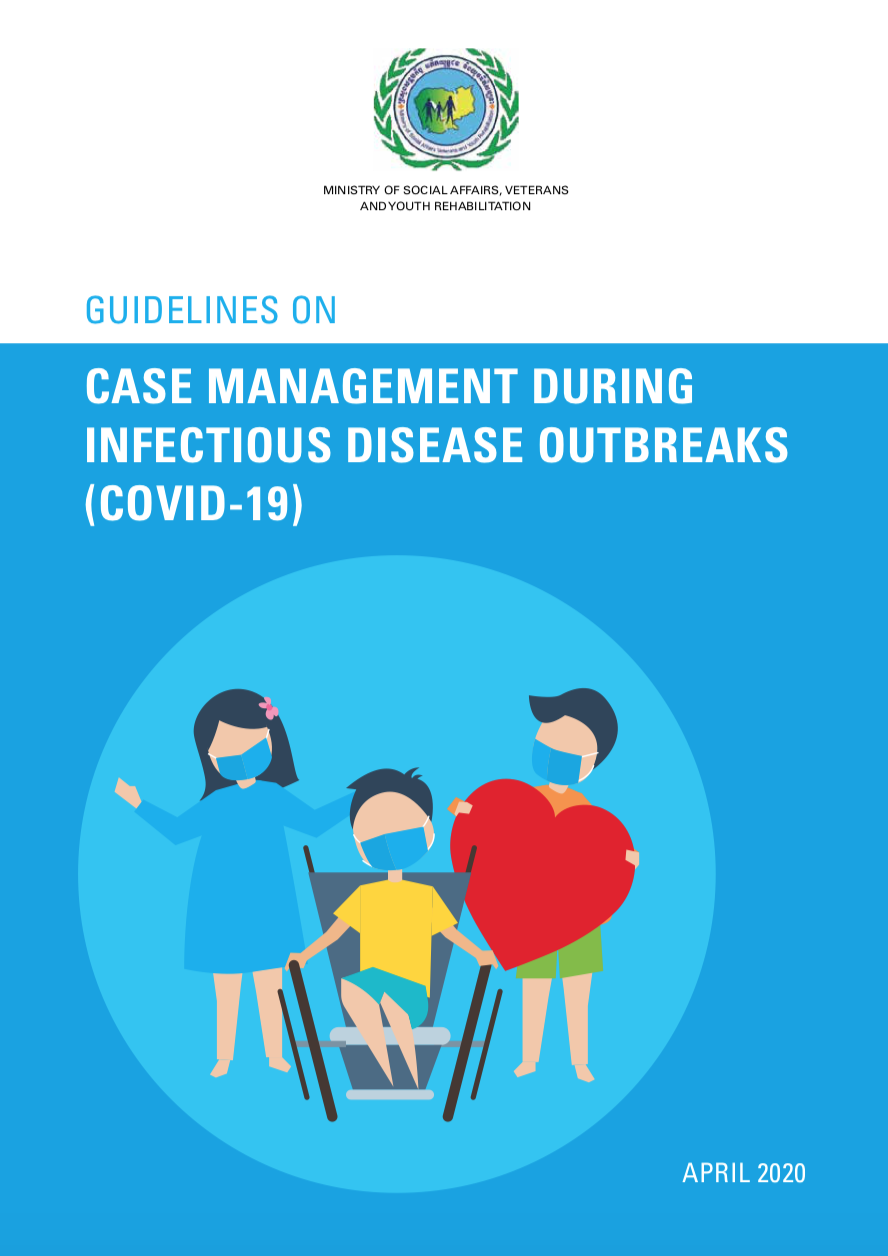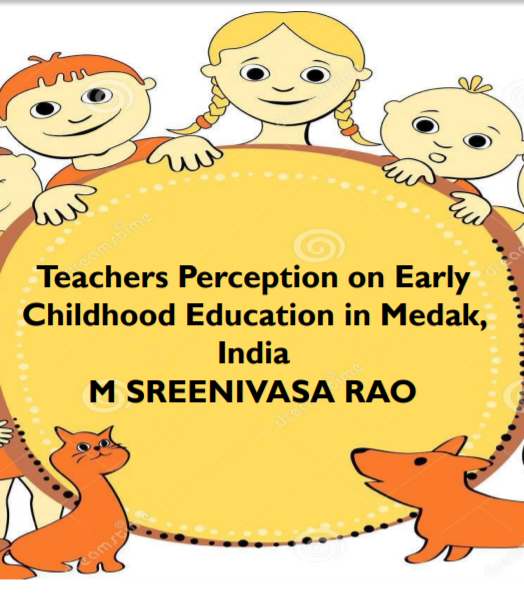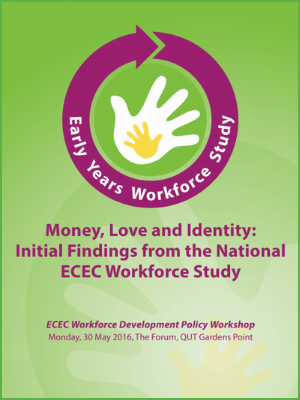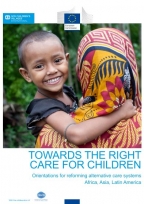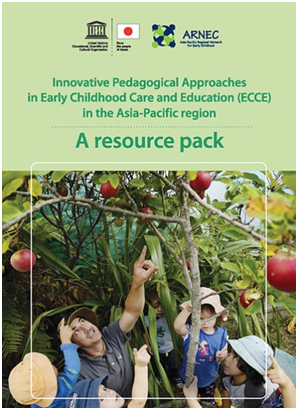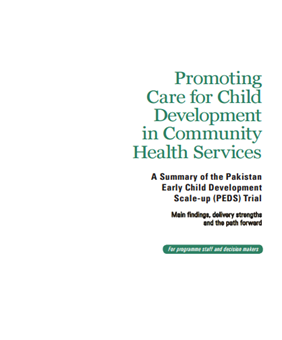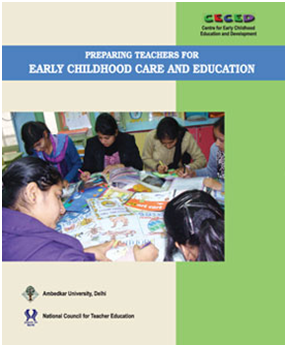Asia-Pacific ECCE Teacher Training Handbook for Social and Emotional Learning (APETT-SEL)
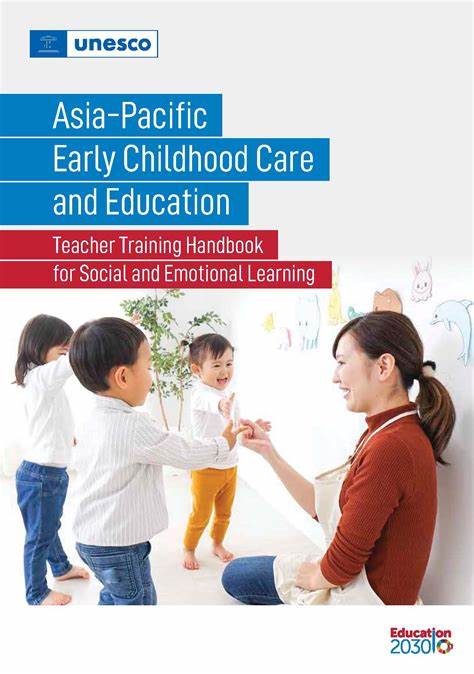
The Asia-Pacific ECCE Teacher Training Handbook for Social and Emotional Learning (APETT-SEL) including ten modules were developed in partnership with Asia-Pacific Regional Network for Early Childhood (ARNEC), as part of the “Empowering ECCE Teachers with a Transformative Vision of Education” project which was financially supported by the Government of Japan and implemented by UNESCO Bangkok.
The handbook and modules addresses the importance and recognition of social and emotional learning (SEL)’s importance and aims to correspond to the lack of robust and more contextually relevant and culturally sensitive social emotional learning (SEL) program for teachers to effectively deliver SEL in the Asia-Pacific region. The resources consists of 10 modules along with the teacher training handbook:
- Theme 1: Calm, clear and kind teachers (Self-care for teachers) - three modules
- Theme 2: Building a pro-social and responsive classroom (Children’s Social and emotional learning) - four modules
- Theme 3: Celebrating similarities and differences (Diversity, inclusion, cultural responsiveness and equity) - one module
- Theme 4: Zones of knowing and doing (Measurement and assessment) - two modules
2022
unesdoc.unesco.org

